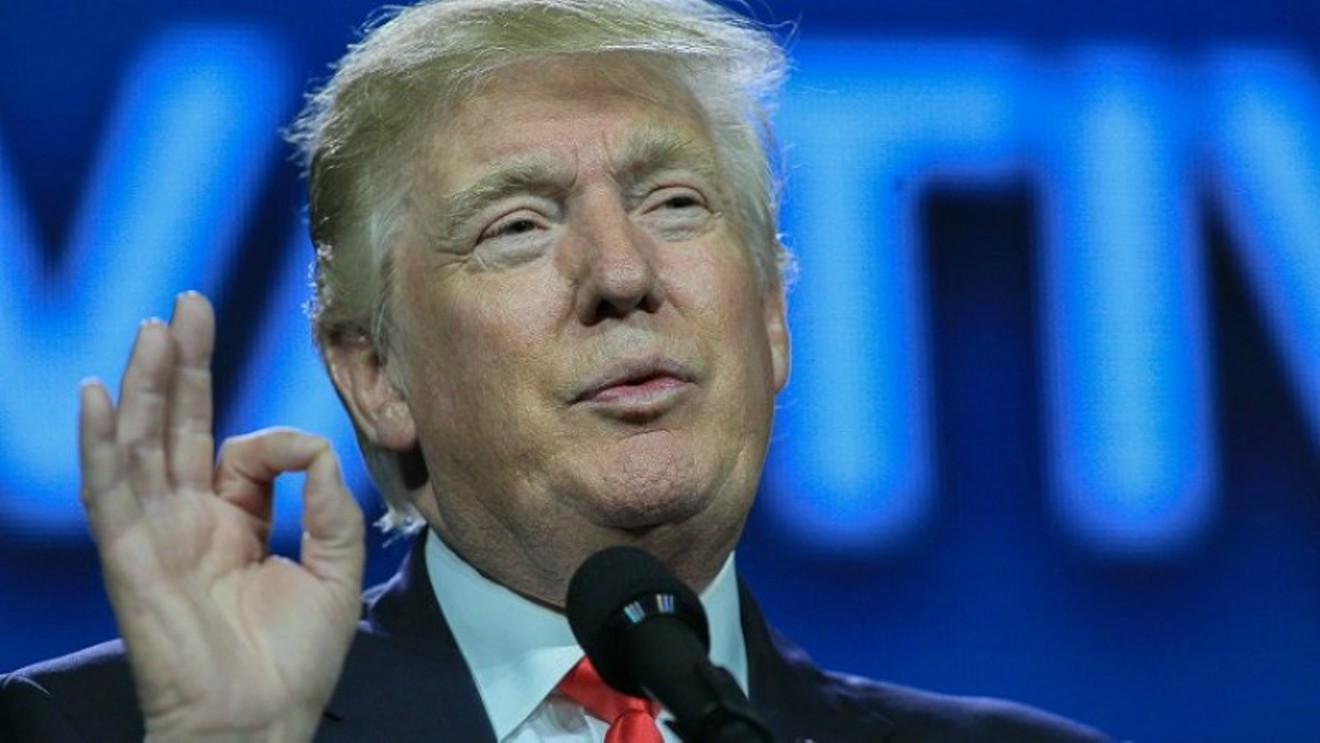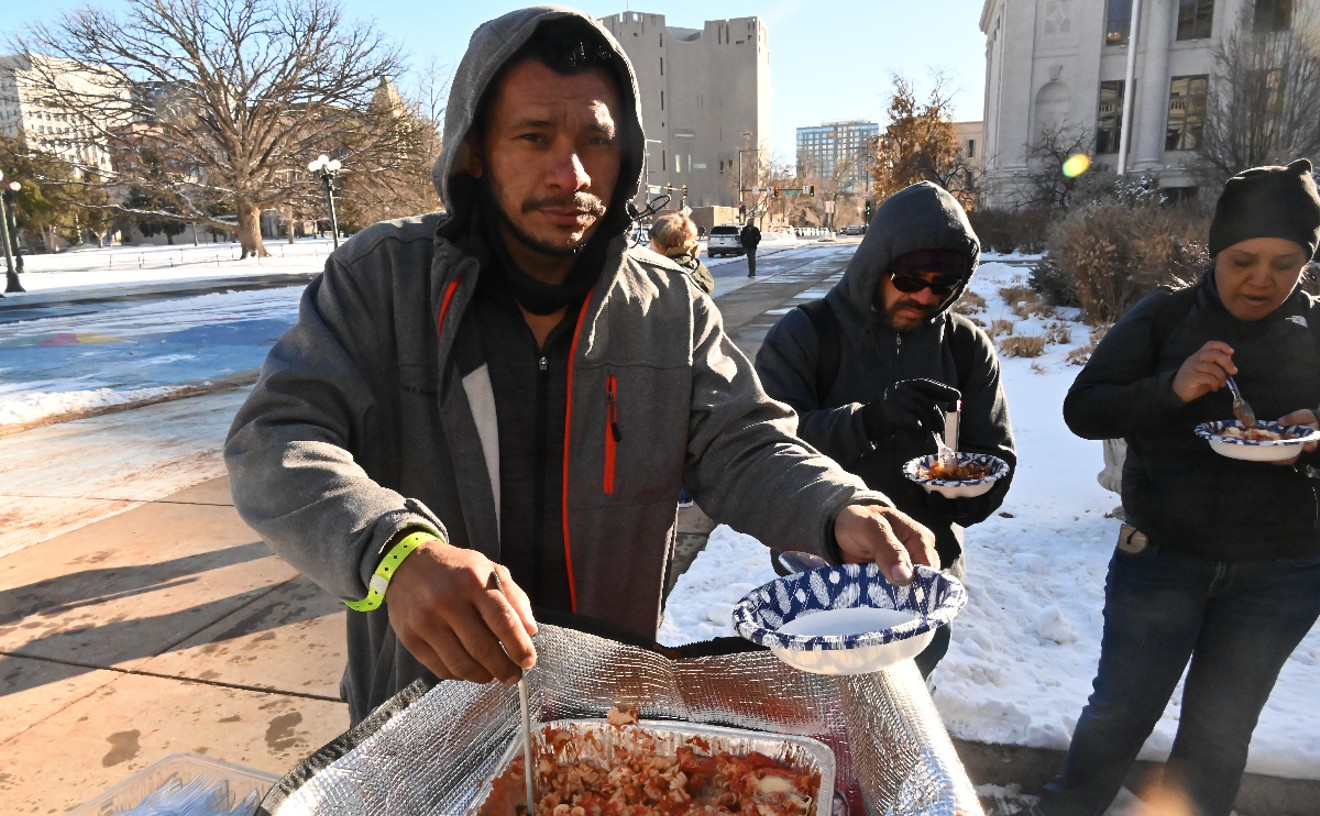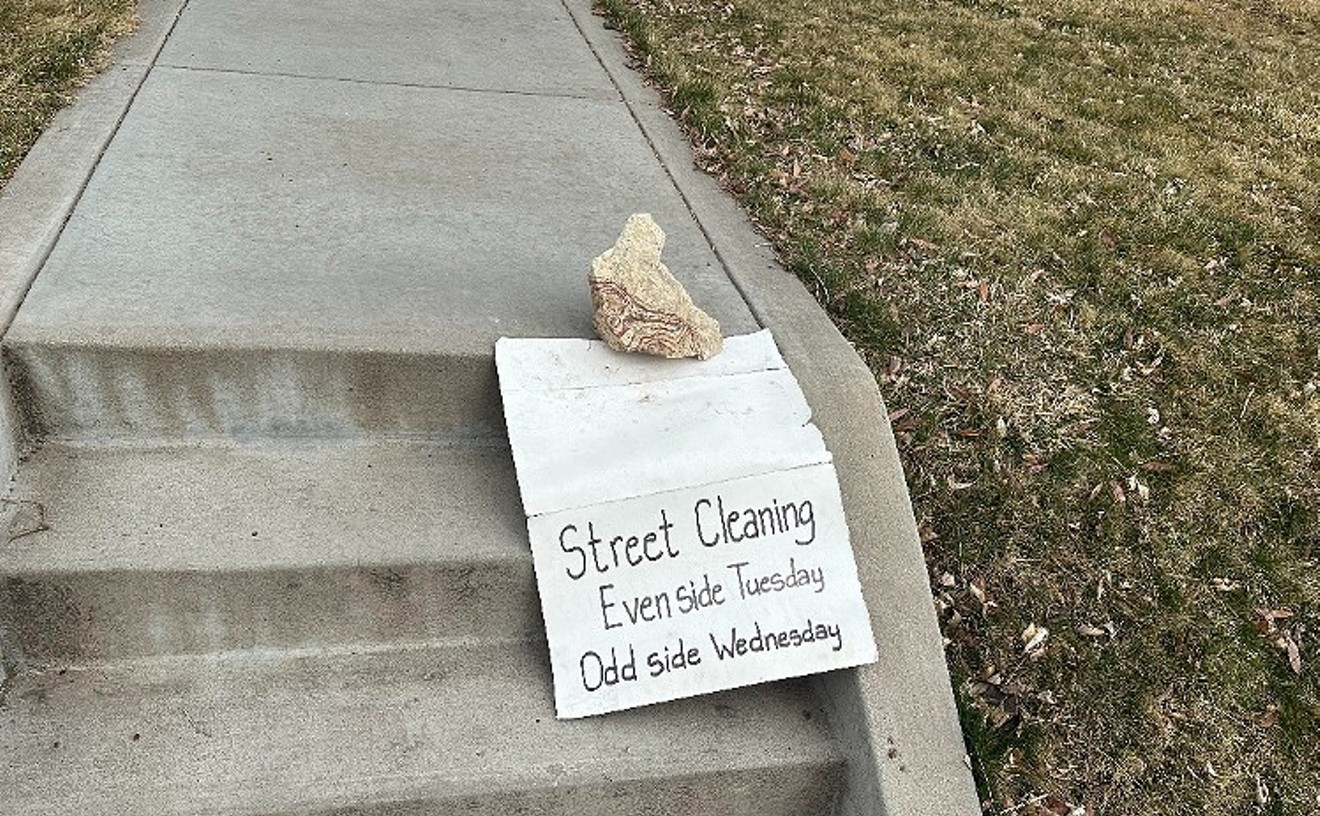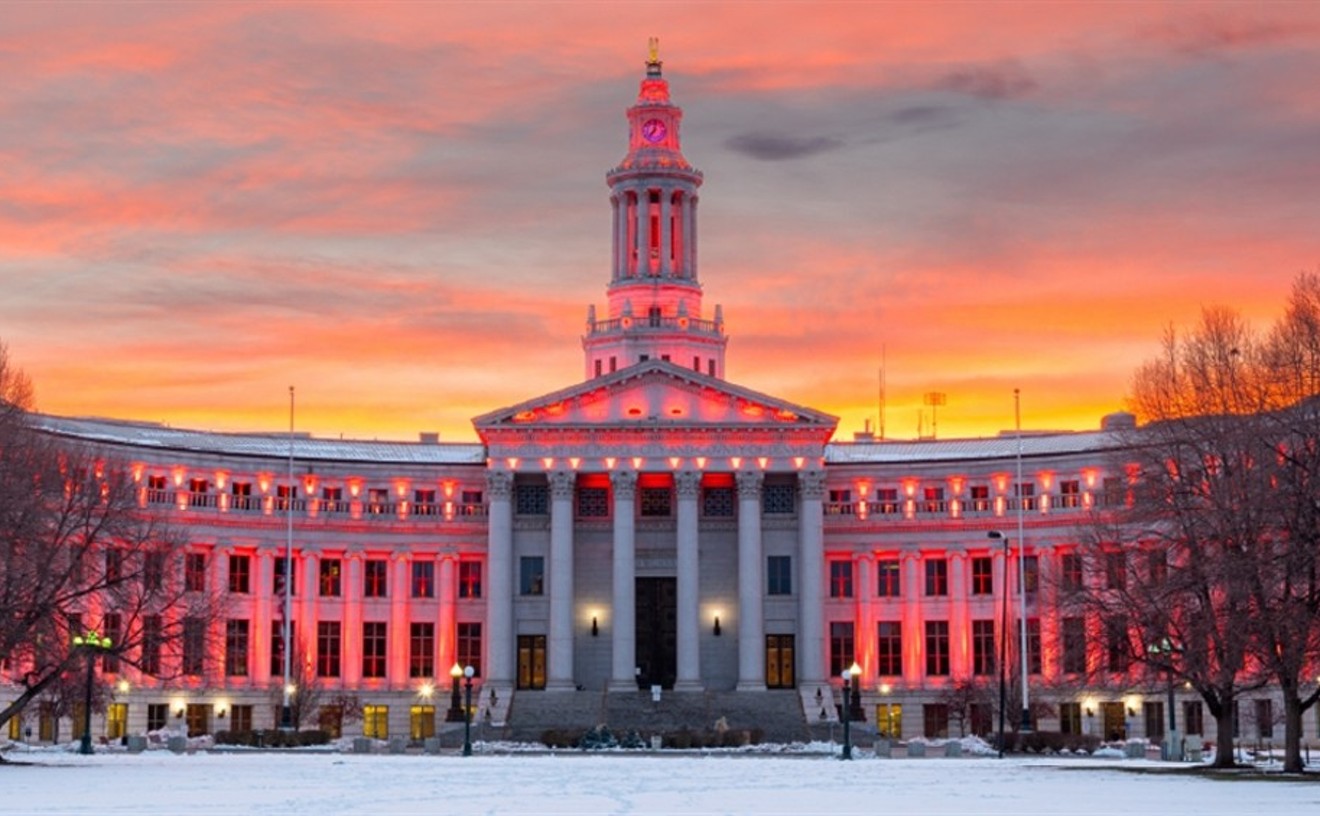"He's so flawed, such a bad guy, that it's hopeless," Zeiler said.
Note that our conversation with Zeiler took place prior to a number of recent controversies, including Trump's alleged branding of several African and Caribbean nations as "shitholes" and reports that about a month prior to the 2016 election, his lawyer paid porn star Stormy Daniels $130,000 to keep quiet about a sexual encounter with the candidate in 2006, when he was already married to now-First Lady Melania Trump. The chat also predated Trump's medical checkup, which found no evidence of mental-health problems.
For our previous post, 21 members of the CU Boulder history department took part in a survey resulting in a presidential bottom-ten list. Their picks for worst commanders-in-chief were:
1. Richard NixonAt our request, Zeiler commented on each of the selections before analyzing Trump in comparison to his cellar-dwelling predecessors — and he saw America's newest leader as a mashup of two presidents cited by the CU Boulder contingent.
2. George W. Bush
3. Andrew Johnson
4. James Polk
5. Millard Fillmore
6. Warren Harding
7. Chester Arthur
8. James Buchanan
10 (tie). Andrew Jackson and Martin Van Buren
"Trump isn't a Republican like Richard Nixon was," he told us last year. "Nixon probably couldn't be elected as a Republican now; that was the liberal wing of the Republican Party. And Bush was more in line with the corporate Republicans, which had mainstream views about corporate trade, open borders and immigration. Let's face it: Bush wanted immigration because it's cheap labor. But that's much different from Trump, who has sort of retreated back to a much older style of the Republican Party that really sort of petered out in the 1940s: populist, nationalistic Republicans."
Like Andrew Jackson, however, "Trump isn't really prepared for office," Zeiler continued. "Jackson was also a guy who was sort of a populist who shot from the hip, a lot like Donald. And Harding is someone else he can be compared to. Harding was a guy who sort of picked and chose and had fun on his own while he let others run his administration, because he was incapable of doing it himself. So Trump could also turn out to be a combination of Jackson and Harding."
And today? In Zeiler's opinion, Trump has "confirmed many of our worries and is in many ways worse than we thought for several reasons. From day one, there were confused messages coming out of the White House, ranging from his utterances about the size of the inaugural audiences to the Muslim ban on immigration, which were incompetently done. That immediately gave rise to concerns that had plagued his campaign and carried over into his first year — that this was a president who doesn't really know how to govern and, in fact, doesn't care about learning how to govern."
Equally worrisome, Zeiler feels, are questions of the sort that appear in author Michael Wolff's book Fire and Fury about "whether Trump has the mentality or the psychological and emotional capacity to be president. Some people have even talked about dementia. Now, this isn't the first time this kind of thing has happened. Woodrow Wilson had a stroke in the latter part of his administration and really didn't govern at all; his wife did. Nixon was under great stress, as was Lyndon Johnson, and James Garfield didn't govern for months after he was shot. [An assassination attempt on Garfield took place on July 2, 1881; he died on September 19.] But with Trump, it's happened at the very start of his term."
His poor early performances gave critics a chance to hit the ground running, Zeiler contended. "Usually, when you're president, you get a honeymoon period, regardless of how divided the country is. He lost the popular vote, but you still had a government controlled by one party — his party. And yet, he had his one-and-only legislative victory" — the signing of a tax-overhaul bill — "at the end of the first year, and it wasn't due to the president or any pull that he has. It passed because Republican leaders, and especially Mitch McConnell, knew the Republicans had to have this tax bill no matter what it looked like. The very existence of the Republican Party was at jeopardy, which is why all of the Republicans, including Jeff Flake, Susan Collins and John McCain, voted for it. And that had very little to do with President Trump, because he has so little heft and very little influence."
To Zeiler, the nadir thus far has been Trump's response to a death during racially charged demonstrations and protests in Charlottesville, Virginia, this past summer. "Nixon cultivated the 'silent majority,' which was Archie Bunker stuff. But to cede the moral high ground and say there were good people on both sides showed both latent racism and his inability to think before he speaks."
In addition, the ongoing investigation into possible Russian influence on the Trump campaign during the 2016 election has led some observers to suggest that assorted insiders, and perhaps the president himself, are guilty of treason — a charge that Zeiler said isn't unprecedented, but close.

Donald Trump wearing one of this familiar "Make America Great Again" hats in Denver.
Photo by Brandon Marshall
At the same time, Zeiler isn't ready to predict that Trump will be formally charged with collusion. "He just doesn't have the attention span for that, and his son [Donald Trump, Jr.] just talks off the cuff. He didn't think he was doing anything wrong. So Trump could get in more trouble for obstruction of justice."
And then there's the matter of Trump's tone, which came into sharp relief for Zeiler while he was doing some research into another prominent Republican president — one who's not on CU Boulder's ignominious roll call.
"I was out at the Ronald Reagan Presidential Library for a week in May," he recalled. "And the two of them, Reagan and Trump, essentially had a lot of the same dogma and doctrine. But Reagan smiled when he talked about it. He might have smiled as he did in a lot of the poor and the working class, but he smiled, and that's a real contrast. Americans, I think, want their president to set a tone and be positive overall — establish a moral, psychological, emotional feeling in the country, where they can advance issues and talk about progress. Even George W. Bush understood that. He had to deal with 9/11, and that helped him create domestic popular support around an unpopular president. But Trump is even more inarticulate than George W. Bush. I'm sure linguists go crazy when they hear these simple words, his limited vocabulary, the repetition, his use of adverbs and adjectives. It's so easy to tell when he goes off script."
Bottom line, Zeiler believes, "he's a sourpuss."
Of course, Trump is only a quarter of the way through the four years he's been tasked to serve, leaving a lot of time to get things done and change the opinions of all but his most devoted enemies. Nonetheless, Zeiler doubts such a turnaround is possible.
"I think he'll last out this term, and it will be disastrous," he said. "As a historian, it's always hard to judge something like this, because it's happened in such recent times. We're always thinking about that. But I think most historians would agree that he's the worst person we've ever had in this office."













